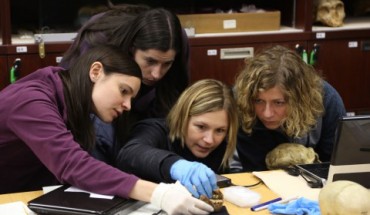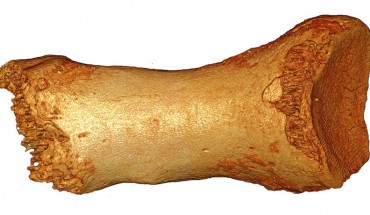Photo: (iStockphoto/iStockphoto)
By WENCY LEUNG
To anyone mourning the death of a loved one, grief can feel physically painful. As Jennifer Neville-Lake, whose father and three children were killed after a drunk driver collided with their vehicle, told a Newmarket, Ont., court earlier this year, she has felt as though she has been “dying inside” ever since. The driver, Marco Muzzo, 29, was sentenced to 10 years in prison on Tuesday.
Research suggests bereavement can, indeed, be devastating to one’s physical health. In the 1970s, researchers noted that fatigue, weight loss, sleep disturbances and sadness are common symptoms of grief after a traumatic death, while a smaller percentage of individuals experience shortness of breath, blurred vision, heart palpitations and hallucinations.
More recent studies have tied bereavement to heart disease and early death.
A 2012 United States study in the journal Economics and Human Biology found mothers have a 133-per-cent higher risk of dying in the first two years after the death of a child.
A 2011 British study published in BMJ Supportive & Palliative Care also showed parents who lose their child during the first year of life were at significantly higher risk of an early death. The effect was particularly seen in bereaved mothers, who were more than four times more likely to die within 15 years, compared with mothers who had not lost a child early.
Other studies have shown that siblings and partners can also be more likely to experience heart attacks and strokes.
In some cases, the death of a loved one is thought to trigger a rare and temporary weakening of the heart called Takotsubo syndrome, also known as “broken-heart syndrome.”
So what makes heartbreak fatal? A team of researchers at Rice University in Houston is now looking to unearth some answers.
Dr. Christopher Fagundes, an assistant professor of psychology, is leading a five-year study to examine how bereaved individuals physically respond to the death of someone close to them.
“We’re really interested in the biological mechanisms behind bereavement and how they contribute to diseases, especially heart disease because people are at a massive risk of heart disease during the first year after the loss of a loved one,” Fagundes says.
Fagundes and his fellow researchers, who received a $3.8-million (U.S.) grant from the National Institutes of Health, began recruiting participants late last year, and are currently collecting data, including from blood tests, electrocardiograms and psychological questionnaires. With the blood tests, Fagundes explains, they are looking particularly at levels of pro-inflammatory cytokines, a protein that is used as a biomarker of heart disease linked to stress.
Fagundes notes stress is known to lead to inflammation, the body’s immune response to pathogens and other sources of harm. But when an inflammatory response becomes sustained due to chronic stress, “that’s really what makes your body overreactive, if you will, and that’s what contributes to this heart disease.” He believes this may be the key to understanding how bereavement affects people’s health.
Fagundes aims to recruit 160 bereaved participants, as well as a matched control group, who will be assessed over a year. He hopes his findings will lead to ways of preventing fatal bereavement. If inflammation is indeed a risk factor, he says, it may be possible to reduce it, using high-dose non-steroidal anti-inflammatory drugs, Omega-3 fatty acids or methods such as meditation and yoga, which reduce the stress response.




